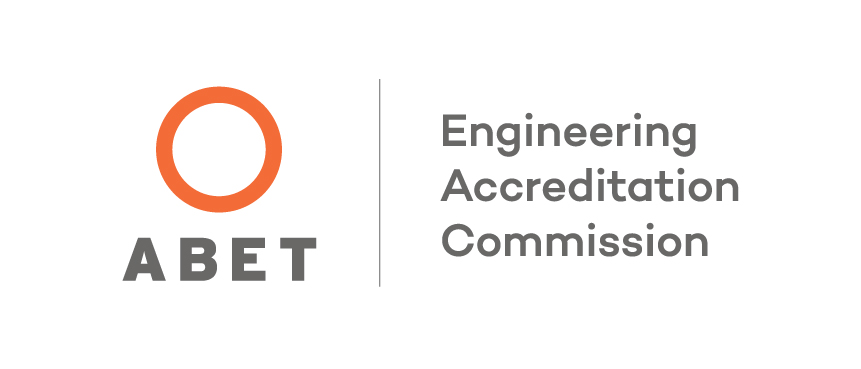Accreditation

The ABET accreditation process, a voluntary, non-governmental process of peer review, helps assure quality in educational programs. ABET-accredited educational programs must meet certain defined standards. The nuclear engineering and radiation science program is accredited by the Engineering Accreditation Commission of ABET.
The Nuclear Engineering (B.S.) degree program is accredited by the Engineering Accreditation Commission of ABET, https://www.abet.org, under the commission's General Criteria and Program Criteria for Nuclear, Radiological and Similarly Named Engineering Programs. The ABET accreditation process, a voluntary, non-governmental process of peer review, helps assure quality in educational programs. ABET-accredited educational programs must meet certain defined standards.
Program Mission and Education Objectives
The Nuclear Engineering program has a primary mission to provide an outstanding and comprehensive undergraduate and graduate education to tomorrow’s leaders in nuclear engineering. The program provides well-educated nuclear engineering professionals and leaders to Missouri and the nation in the commercial nuclear industry, national laboratories, hospitals, graduate schools, and the nation’s defense and federal agencies.
Program Educational Objectives
- Our graduates will develop and effectively communicate logical, creative, and ethically sound solutions to complex engineering projects involving nuclear and other technologies while working as part of a multidisciplinary project team.
- Our graduates will have the ability to obtain relevant professional licenses or pursue advanced degrees, developing engineering solutions or pursuing original research to continue meeting the needs of their profession and community.
Nuclear Engineering Student Outcomes
The following student outcomes apply to the nuclear engineering program:
- The ability to identify, formulate, and solve complex engineering problems by applying principles of engineering, science, and mathematics.
- An ability to apply engineering design to produce solutions that meets specified needs with consideration of public health, safety and welfare as well as global, cultural, social, environmental, and economic factors..
- An ability to communicate effectively with a range of audiences.
- An ability to recognize ethical and professional responsibilities in engineering situations and make informed judgments, which must consider the impact of engineering solutions in global, economic, environmental, and societal contexts.
- An ability to function effectively on a team whose members together provide leadership, create a collaborative and inclusive environment, establish goals, plan tasks, and meet objectives.
- An ability to develop and conduct appropriate experimentation, analyze and interpret data, and use engineering judgement to draw conclusions.
- An ability to acquire and apply new knowledge as needed, using appropriate learning strategies.

Follow Nuclear Engineering and Radiation Science